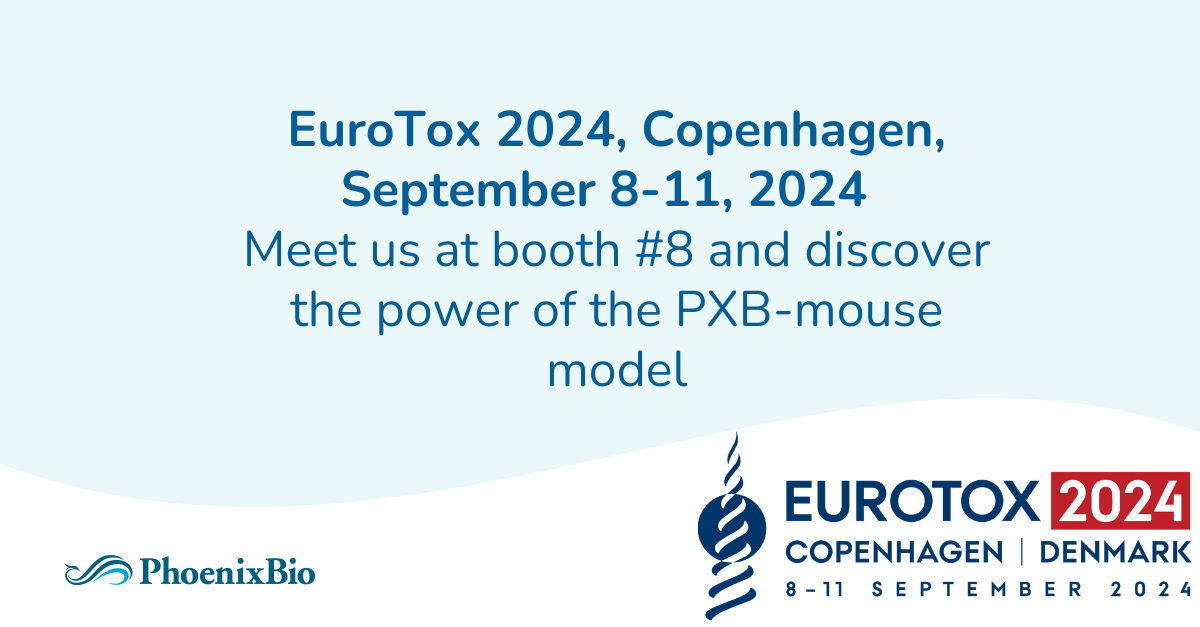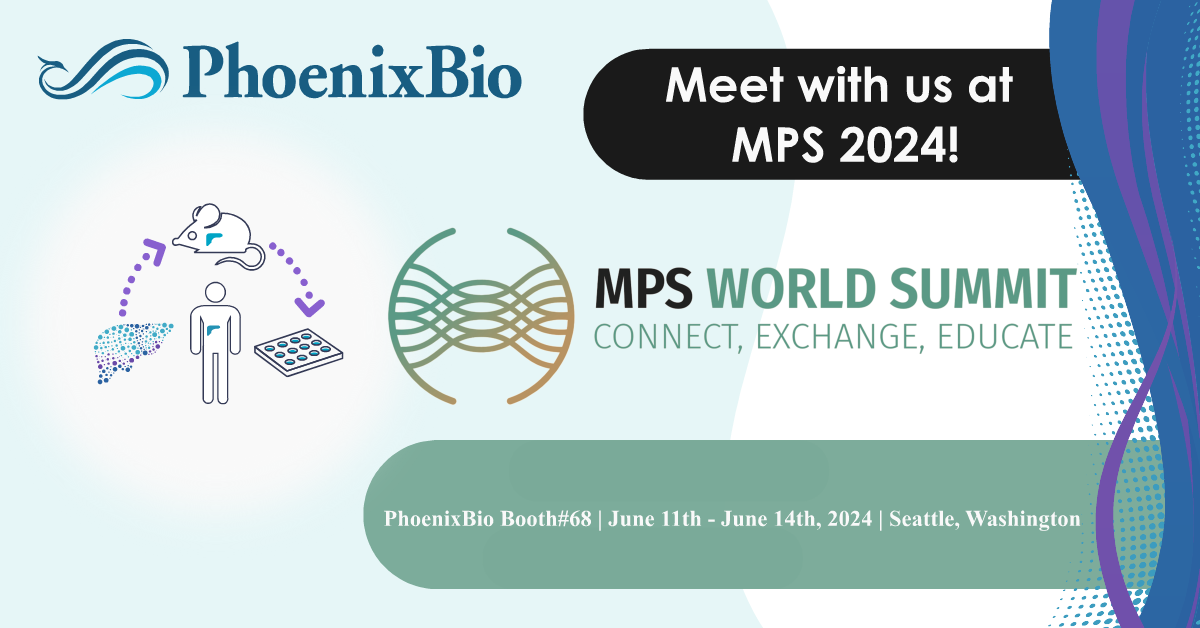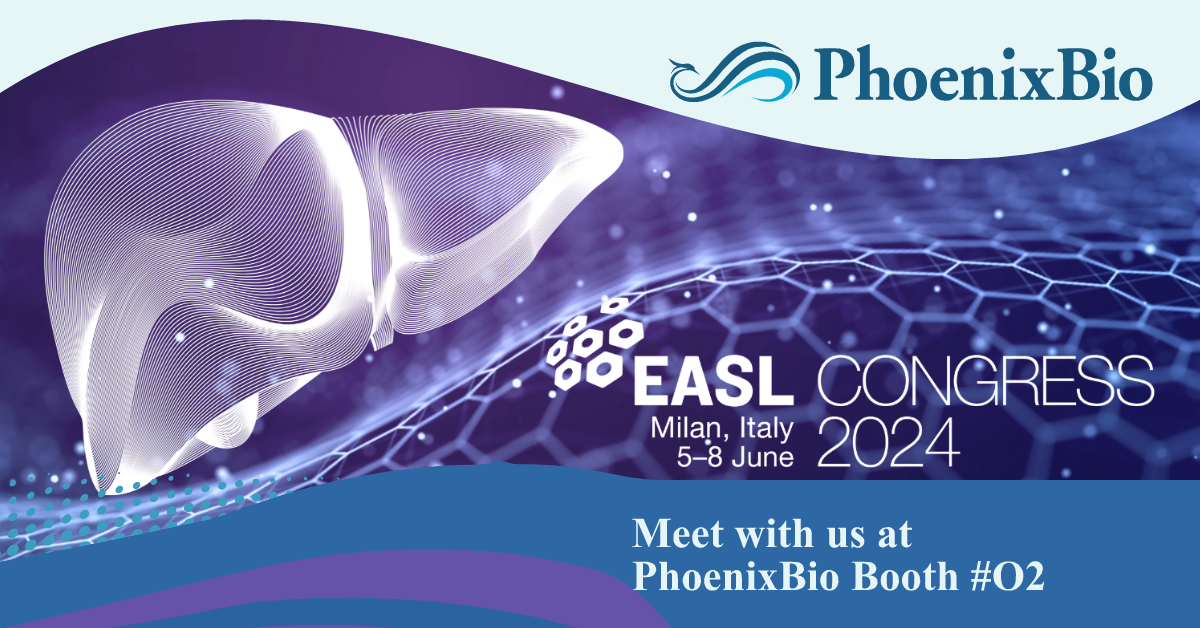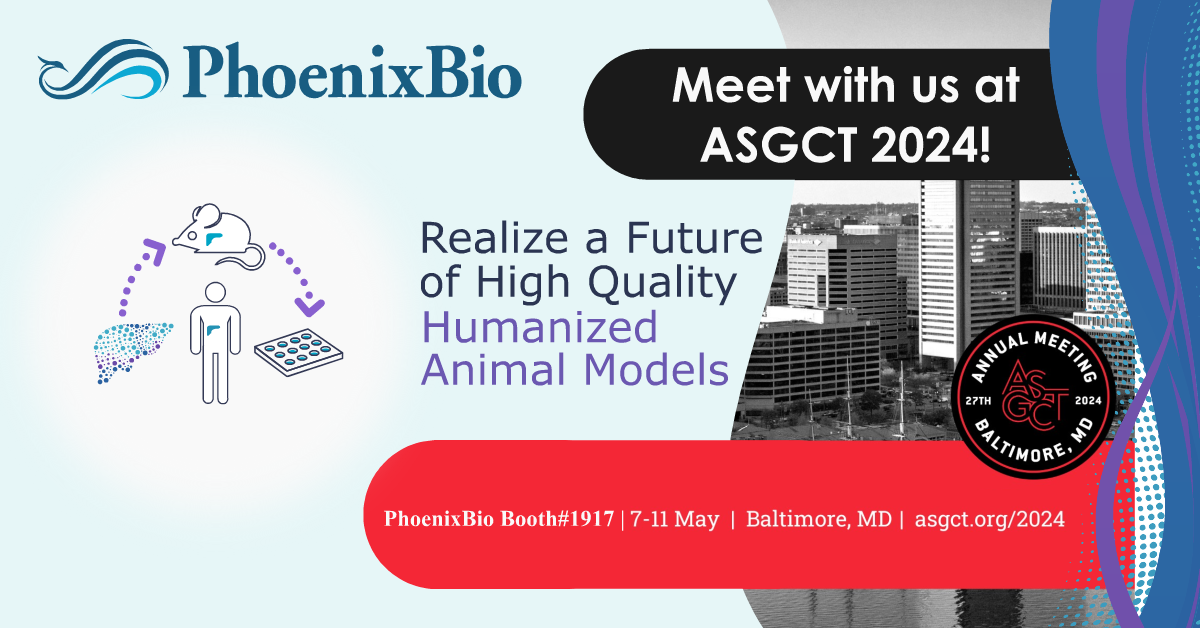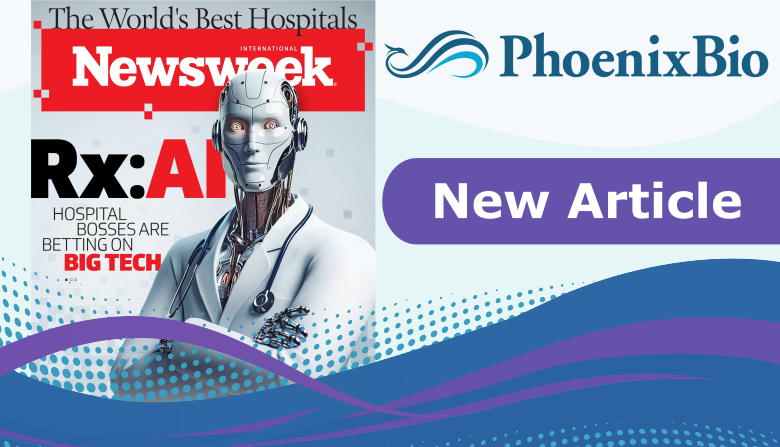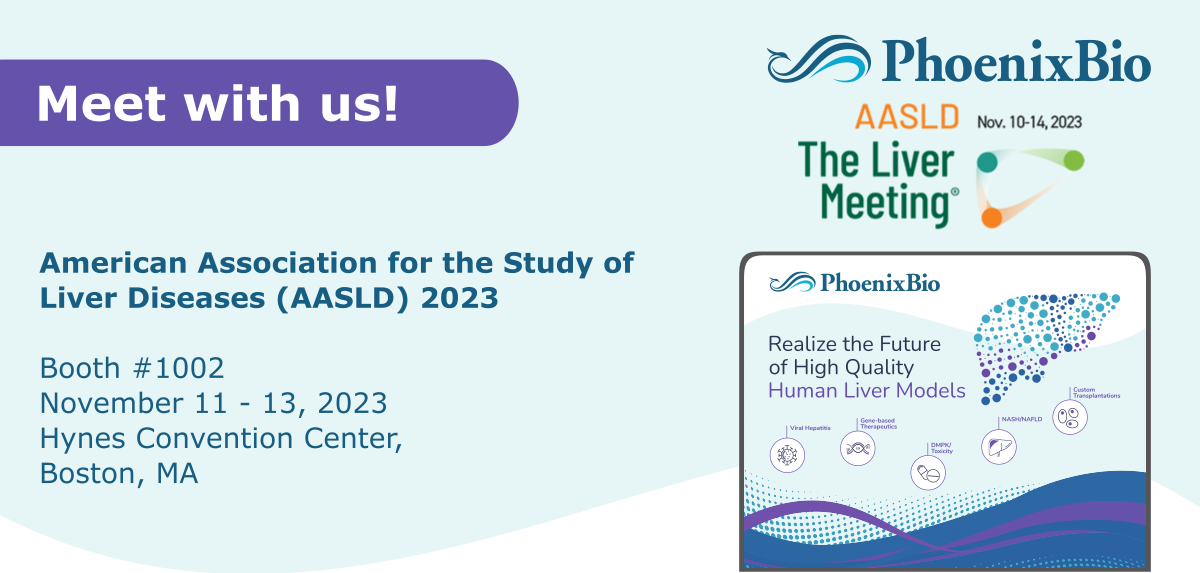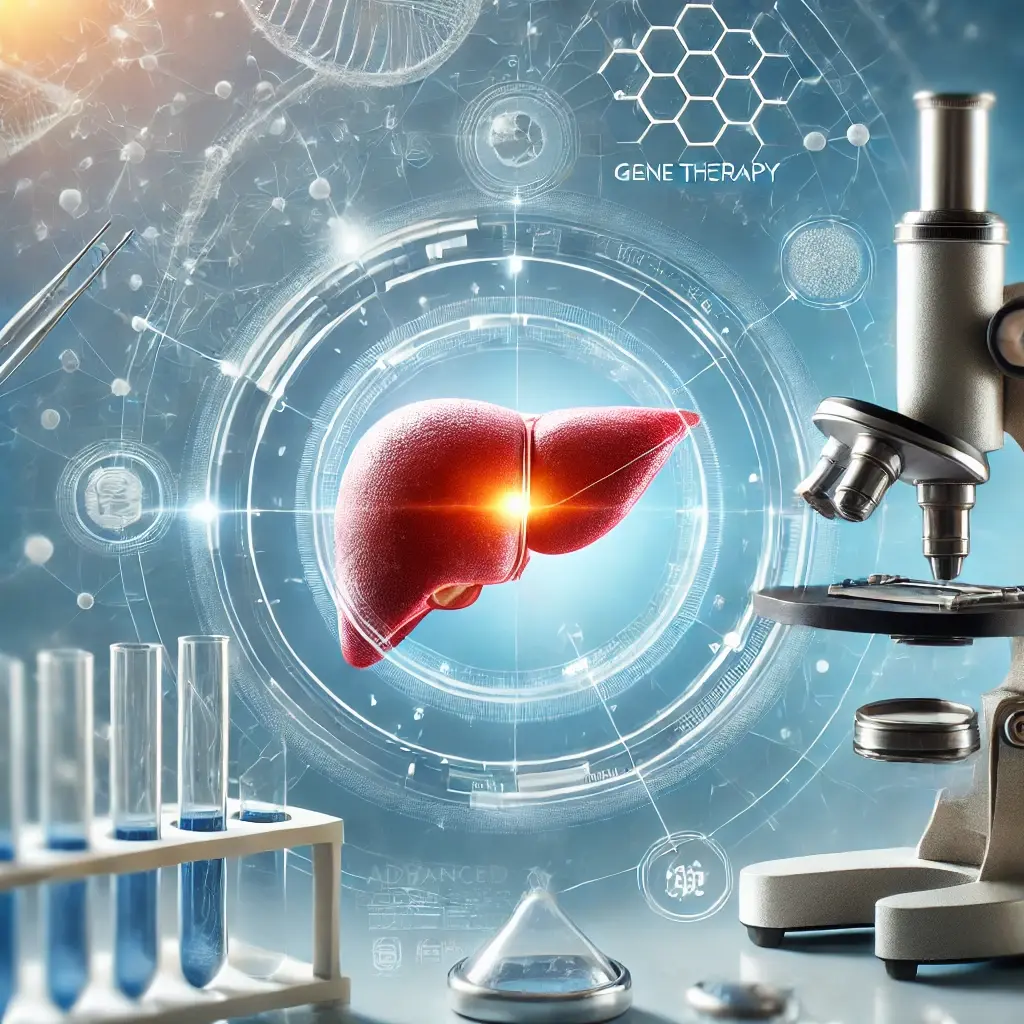8 September 2024
Exhibition at the EuroTox 2024
The Congress of the European Societies of Toxicology is organizing EuroTox 2024 to focus on this year's theme “Toxicology – A Quest for safe Chemicals and Medicines”. The program features a variety of topics dealing with safety of drugs and environmental chemicals, new and emerging technologies, personalized medicine, human health effects caused by exposure to chemicals as well as safety issues arising from climate changes. PhoenixBio is excited to be sponsoring a booth and attending the EuroTox 2024 in person at the Tivoli Congress Center in Copenhagen, Denmark on September 8th - 11th, 2024. Meet with our team at Booth #8 to learn more about PhoenixBio's capabilities and how we can help you advance and deliver tomorrow’s technologies.
